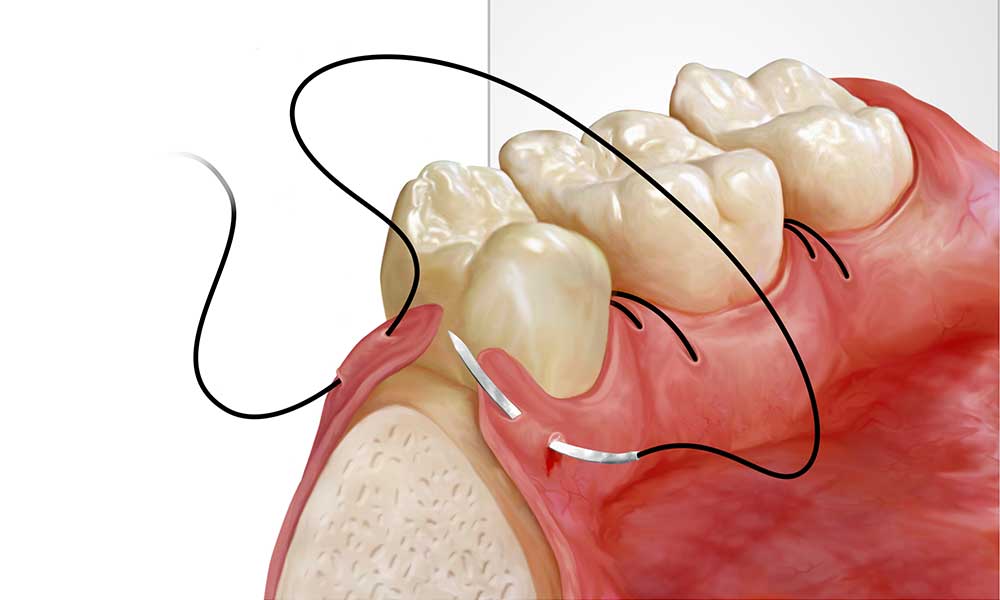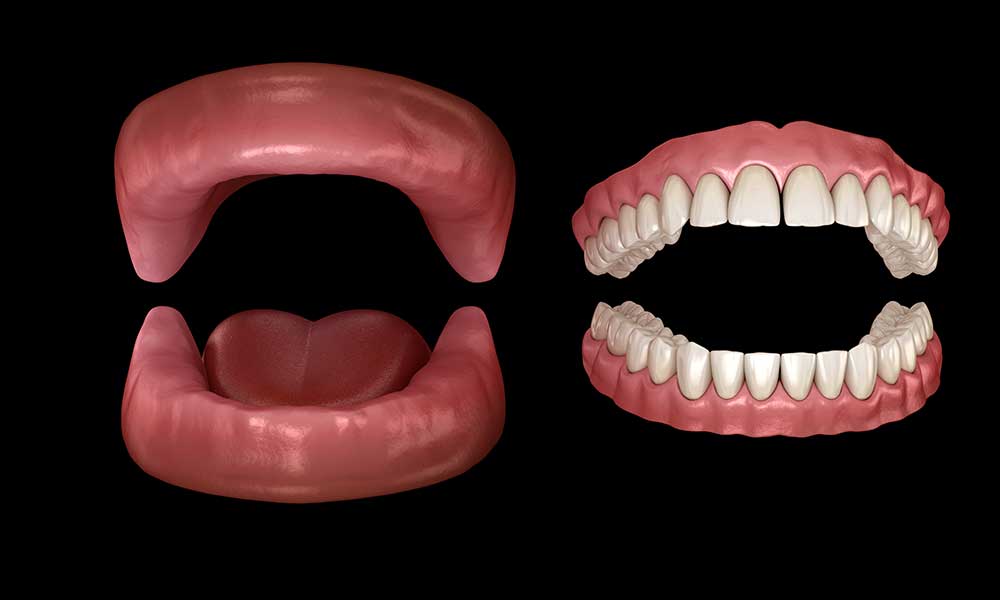Alveoloplasty is a minor surgical procedure that reshapes and smooths the jawbone (alveolar ridge) to prepare it for dentures, implants, or other dental prosthetics. It is often performed after tooth extractions or in patients with irregular jawbone contours to improve comfort, fit, and functionality of dental restorations.
Alveoloplasty involves the careful surgical contouring of the bony ridge in the mouth where teeth were once located. This ridge can become uneven due to tooth loss, disease, or previous extractions. The procedure ensures a uniform surface, which is essential for stable and secure placement of dentures or implants.

A dentist evaluates the oral structure using clinical assessment and X-rays.
Local anesthesia is administered to ensure a pain-free procedure.
The bone is accessed through small incisions in the gum and shaped using specialized instruments.
Once the reshaping is complete, the gums are sutured and the site is cleaned.
Healing typically takes a few weeks. Your dentist will provide post-operative care instructions.

No, it’s performed under local anesthesia. Mild soreness afterward is normal and manageable with medication.
Healing generally takes 1–2 weeks, depending on your health and the extent of the procedure.
Yes, it’s often performed immediately after extractions to ensure smooth bone edges.
If your jawbone has irregularities that affect denture fit, alveoloplasty may be recommended.